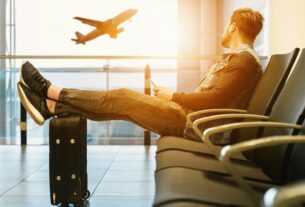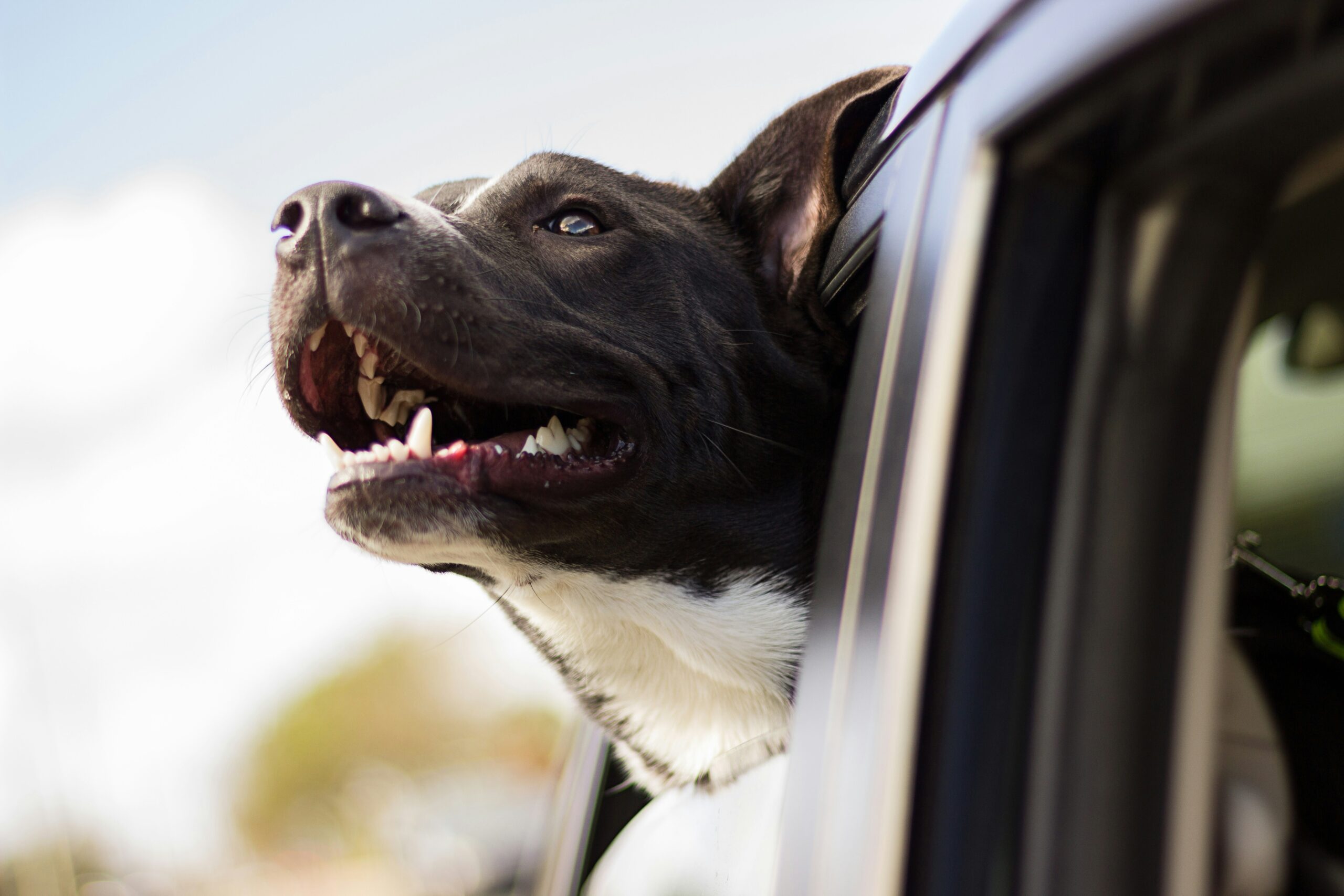Have you ever wondered how to ensure your safety while traveling alone? Solo adventures can be incredibly rewarding, offering deep personal insights and a sense of freedom. However, they also come with their own set of challenges, particularly when it comes to ensuring your own safety. Whether you’re an experienced solo traveler or considering your first trip alone, knowing the precautions you can take is crucial.
🌴 Get Your FREE Bahamas Checklist!
Perfect for planning your island escape 🌊
We respect your privacy. Unsubscribe anytime.
Powered by greattravelnews.com

Research Your Destination
Before you embark on your journey, it’s essential to do comprehensive research about your destination. Understanding the local culture, common customs, and areas to avoid can make a significant difference in your safety and comfort.
Cultural Norms and Practices
Every place has its unique set of cultural norms and practices. Not only will respecting local customs make your experience more enjoyable, but it’ll also keep you safer by helping you blend in.
- Dress Code: Learn what clothing is considered respectful. In some countries, modest clothing is required, particularly in religious or rural areas.
- Behavioral Norms: Understand the social behaviors that are acceptable. For instance, in some cultures, direct eye contact could be seen as confrontational, whereas in others, not making eye contact can be perceived as rude.
Geography and Key Locations
Knowing the geography and layout of the place you’re visiting helps in multiple ways. From mapping out safe neighborhoods to understanding areas to avoid, this knowledge equips you to make safer choices.
- Accommodation Safety: Research the areas where most tourists stay, and seek accommodation there, particularly if you’re in a high-risk destination.
- Emergency Services: Identify the closest hospitals, police stations, and embassies. Having this information can be invaluable in emergencies.
Plan Ahead
Detailed planning can significantly reduce the risks associated with solo travel. From your itinerary to your emergency plans, having a well-thought-out strategy can make all the difference.
Accommodations
Your choice of accommodation will play a major role in your safety. Always opt for reputable establishments that have good reviews and security measures in place.
| Type of Accommodation | Pros | Cons |
|---|---|---|
| Hotels | High security, reliable services | Can be expensive |
| Hostels | Social opportunities, budget-friendly | Lower security, shared spaces |
| Airbnb/Short-term Rentals | Unique experience, privacy | Variable security, inconsistent quality |
| Guesthouses | Local experience, often homey | Varying levels of security |
Itinerary Sharing
Let someone you trust know your travel plans. Share your itinerary, including your accommodation details and anticipated activities. This can provide an extra layer of safety since someone will be aware of your whereabouts.
Emergency Contacts
List out emergency contacts, including local emergency services and people back home who should be contacted in case of an emergency.
Packing Smart
Packing wisely can help you prepare for various scenarios and stay safe throughout your trip. Here’s how to pack smart for your solo adventure.
Essential Items
While packing light is often advisable, some essential items shouldn’t be left behind.
- First-Aid Kit: Helpful for minor injuries or illnesses.
- Travel Locks: Secure your luggage and belongings.
- Portable Charger: Ensures your devices are always charged, particularly your phone.
- Money Belt: Keeps your important documents and money safe.
Personal Safety Devices
Consider carrying personal safety devices that can offer a sense of security.
- Pepper Spray: Useful in self-defense.
- Whistle: Can attract attention in case of emergency.
- Personal Alarm: Emits a loud noise to scare off potential threats.
Be Cautious with Technology
Technology can be your best friend when traveling alone, but it also comes with risks. Knowing how to use your gadgets safely can protect you from potential threats.
Secure Your Devices
Ensure your devices are secure to protect your personal information.
- Passwords: Use strong, unique passwords for all your devices.
- VPN: Use a Virtual Private Network to encrypt your internet connections, particularly when using public Wi-Fi.
- Tracking Apps: Applications like Find My iPhone or similar can help you locate a lost or stolen device.
- Backup: Regularly backup your data in case your device gets lost or damaged.
Social Media Usage
Be cautious when using social media to share your adventures.
- Delayed Posting: Share your experiences after you’ve left a particular location to avoid giving away your real-time location.
- Privacy Settings: Adjust your settings to limit who can see your posts and personal information.
Money Management
Handling your finances wisely can prevent you from losing money or becoming a target.
Multiple Payment Methods
Don’t rely on just one form of money. Carry a mix of cash, credit cards, and debit cards to diversify your risk.
| Payment Method | Pros | Cons |
|---|---|---|
| Cash | Accepted everywhere, immediate access | Risk of theft, hard to recover |
| Credit Cards | Safer, fraud protection | Dependency on technology, fees |
| Debit Cards | Immediate access to bank funds | Fees, less fraud protection |
| Prepaid Cards | Load specific amounts, can be replaced | Limited amount, potential fees |
Emergency Fund
Keep an emergency stash of money separate from your main funds. This should be a small amount that can get you out of tight situations, like losing your wallet or being pickpocketed.
Stay Connected
Staying connected with family or friends can be a lifeline when you’re traveling alone.
Local SIM Cards
Purchasing a local SIM card can be a cost-effective way to stay in touch and have internet access.
Communication Apps
Apps like WhatsApp, Viber, or Skype make it easier to keep in touch with loved ones without incurring high roaming charges.

Common Sense and Street Smarts
Simple yet effective, using common sense and staying aware of your surroundings can often be the difference between a safe trip and a risky situation.
Trust Your Instincts
If something doesn’t feel right, it probably isn’t. Trust your gut feelings and remove yourself from any situation that feels off.
Blending In
Try not to draw excessive attention to yourself. Dress like the locals, avoid showing off expensive gadgets, and don’t obviously rely on maps or guidebooks.
Transportation Safety
Be cautious when using public transportation. If taxis are more reliable in your destination, always opt for reputable or officially recognized services.
Social Interactions
Meeting new people can be one of the highlights of solo travel, but it’s important to maintain a balance between being social and staying safe.
Meeting New People
Make sure to meet people in public places and let someone know where you’re going. Always be cautious when sharing personal information.
Self-Defense Knowledge
Having basic knowledge of self-defense techniques can be beneficial. Courses in martial arts, or even basic self-defense workshops, can prepare you to handle risky situations more effectively.
Health Precautions
Ensuring you stay healthy during your trip is another critical aspect of staying safe.
Vaccinations
Before you travel, check if any vaccinations are required or recommended for your destination.
Food and Water Safety
Be cautious about what you eat and drink to avoid illnesses.
- Safe Drinking Water: Opt for bottled or purified water. Avoid ice unless you’re confident about the quality of the water used.
- Food Choices: Be wary of street food unless it seems freshly cooked and clean.
Travel Insurance
A good travel insurance policy can cover medical emergencies, lost belongings, and other unexpected events. Make sure to read the fine print and understand what’s covered and what isn’t.
Learn Local Language Basics
Knowing a few basic phrases in the local language can be incredibly helpful and even a potential lifesaver in critical situations.
Useful Phrases
Learning how to ask for help, directions, and understand basic responses can make a considerable difference.
- Greetings: “Hello”, “Goodbye”
- Emergency Phrases: “Help”, “Call the police”
- Travel Phrases: “Where is the nearest…”, “How much is…”
Language Apps
Apps like Google Translate can aid you in translating essential phrases quickly.
Trustworthy Resources
Using reliable sources of information can help you plan better and stay safe during your trip.
Official Websites
Look to official tourism websites or government travel advisories for accurate and recent information about your destination.
Travel Blogs and Forums
Reading experiences from other solo travelers can provide you with useful tips and firsthand accounts of the places you’re planning to visit.
Local Laws and Regulations
Familiarize yourself with the laws and regulations of the place you are visiting to avoid unintentionally breaking the law.
Legal Restrictions
Understanding prohibited activities and restricted items can keep you out of trouble.
- Substances: Some places have strict regulations around alcohol, drugs, and other substances.
- Cultural Sites: Know the dos and don’ts when visiting religious or cultural sites.
Emergency Protocols
Having a plan in case of an emergency can make a significant difference in dangerous situations.
Action Plan
Develop a contingency plan for different scenarios, such as getting lost, losing your documents, or facing a natural disaster.
Document Safety
Keep photocopies or digital backups of important documents such as your passport, visa, and travel insurance.
Final Thoughts
Traveling alone offers a unique opportunity for personal growth and adventure. By taking these precautions and staying vigilant, you can enjoy your solo travels while minimizing risks. Remember, preparation is key, and a little caution goes a long way in ensuring a safe and fulfilling journey.



